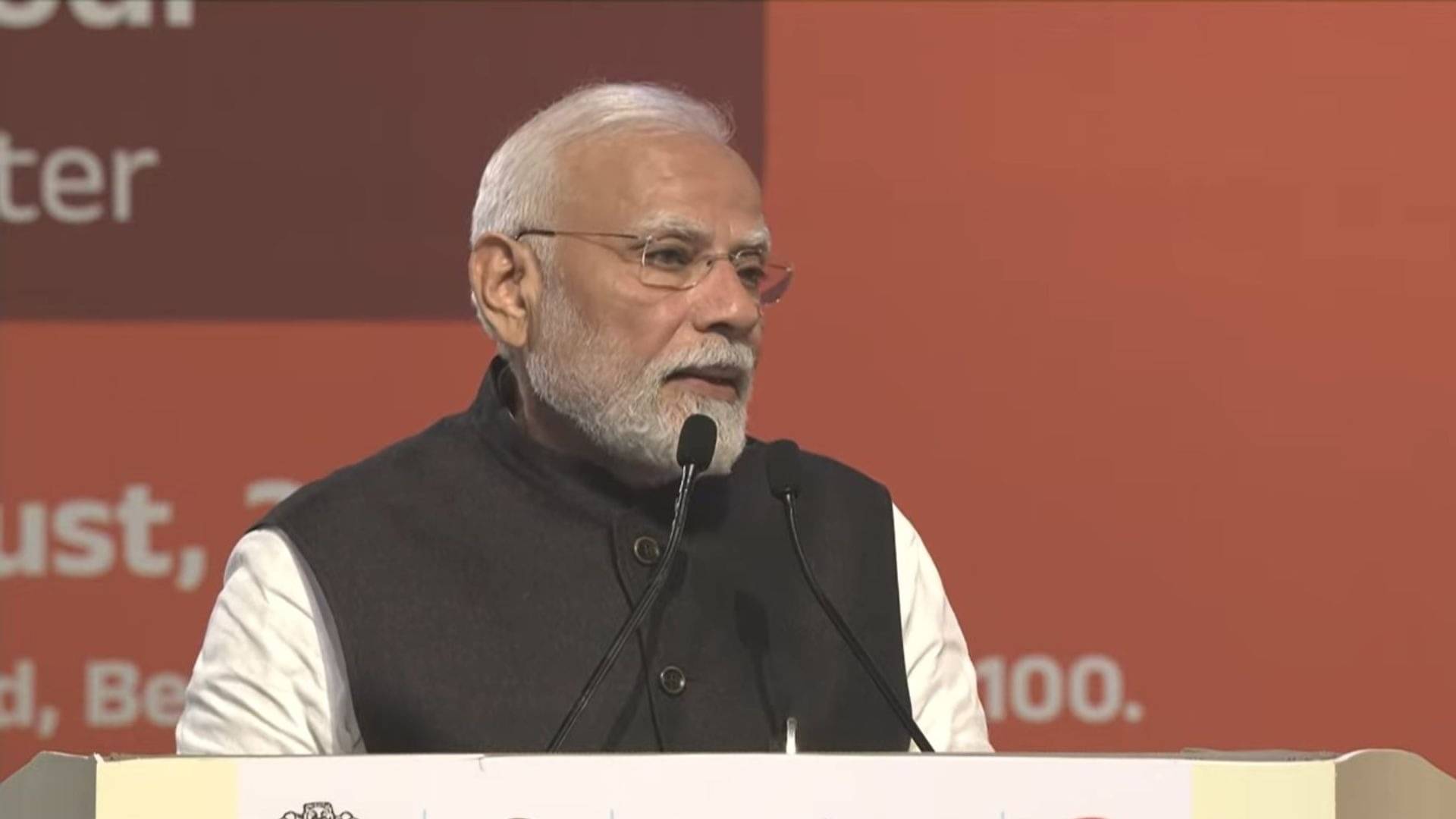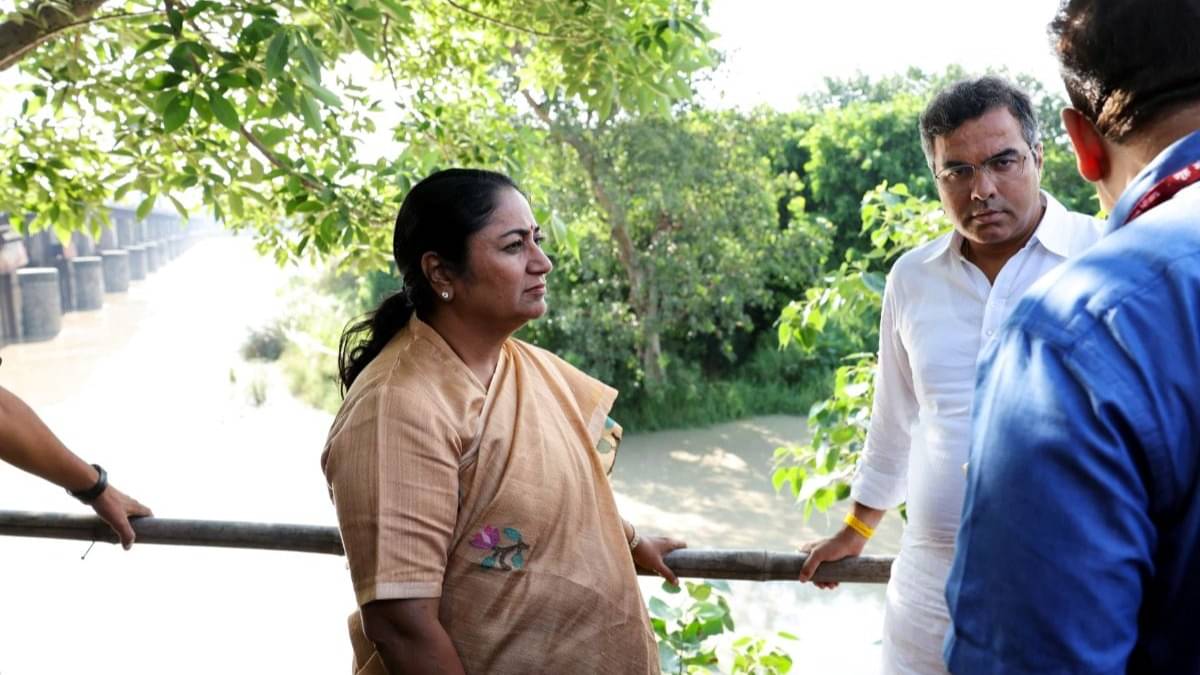Now Reading: PM Modi Critiques Nehru Over Indus Water Treaty at NDA Meet
-
01
PM Modi Critiques Nehru Over Indus Water Treaty at NDA Meet
PM Modi Critiques Nehru Over Indus Water Treaty at NDA Meet

Quick Summary
- Event: At the NDA Parliamentary meeting on August 19, Prime Minister Narendra Modi discussed the Indus Water Treaty with Pakistan.
- Remarks by PM Modi:
– Former PM Jawaharlal Nehru allegedly admitted that the treaty brought no benefit to India.- Nehru was criticized for partitioning the contry twice-onc through Radcliffe Line and again via the Treaty, which allocated 80% of river water to Pakistan.
– The treaty was called anti-farmer by PM Modi.
- Criticism by BJP MPs:
– Jagdambika Pal referred to Nehru’s actions as a betrayal for not consulting Parliament before signing the agreement.- Ravi Shankar Prasad accused nehru of giving Rs. 80 crore to Pakistan without Parliamentary approval during this process.
- India’s position on Recent Developments: India rejected a ruling by the Hague’s Court of Arbitration under the Indus Waters Treaty, disputing its legitimacy and jurisdiction.
- recent Policy Changes:
– India has placed certain provisions of the treaty in abeyance following pakistan’s alleged support for terrorism, notably after an attack in Pahalgam earlier this year claiming 26 lives.
- Treaty Overview: Signed in 1960 after nine years of negotiations facilitated by the world Bank; allocates Western rivers (Indus, Jhelum, Chenab) to Pakistan and Eastern rivers (Ravi, Beas, Sutlej) to India.
Indian Opinion Analysis
The remarks by Prime Minister Modi at a significant political forum indicate an ongoing recalibration of India’s viewpoint on past agreements such as the Indus Water Treaty. These statements serve multiple purposes: they highlight past decisions affecting india’s agricultural policies while framing them within larger nationalist narratives aimed at positioning modern governance against perceived historical shortcomings.
On one hand, reopening discussions about treaties signed decades ago may prompt examination of their utility given current geopolitical realities-especially amidst strained relations with Pakistan due to longstanding issues like cross-border terrorism and water-sharing disputes. On territorial integrity and resource management grounds alone, such debates hold relevance today.
However, criticizing leadership approaches from self-reliant India’s formative years involves considerable risks if they foster divisiveness or fail reasoning-based objectivity within public discourse around legacy policies like those established under World Bank-backed mediation efforts.
Meanwhile rejecting arbitration rulings showcases assertive foreign policy safeguarding sovereignty-yet also risks diplomatic overtures requiring clear contingency prioritization particularly across dam/engineering affected basin-sync complexities tied technical legality/IPCC connected footprint/binding weich ensured review..
























